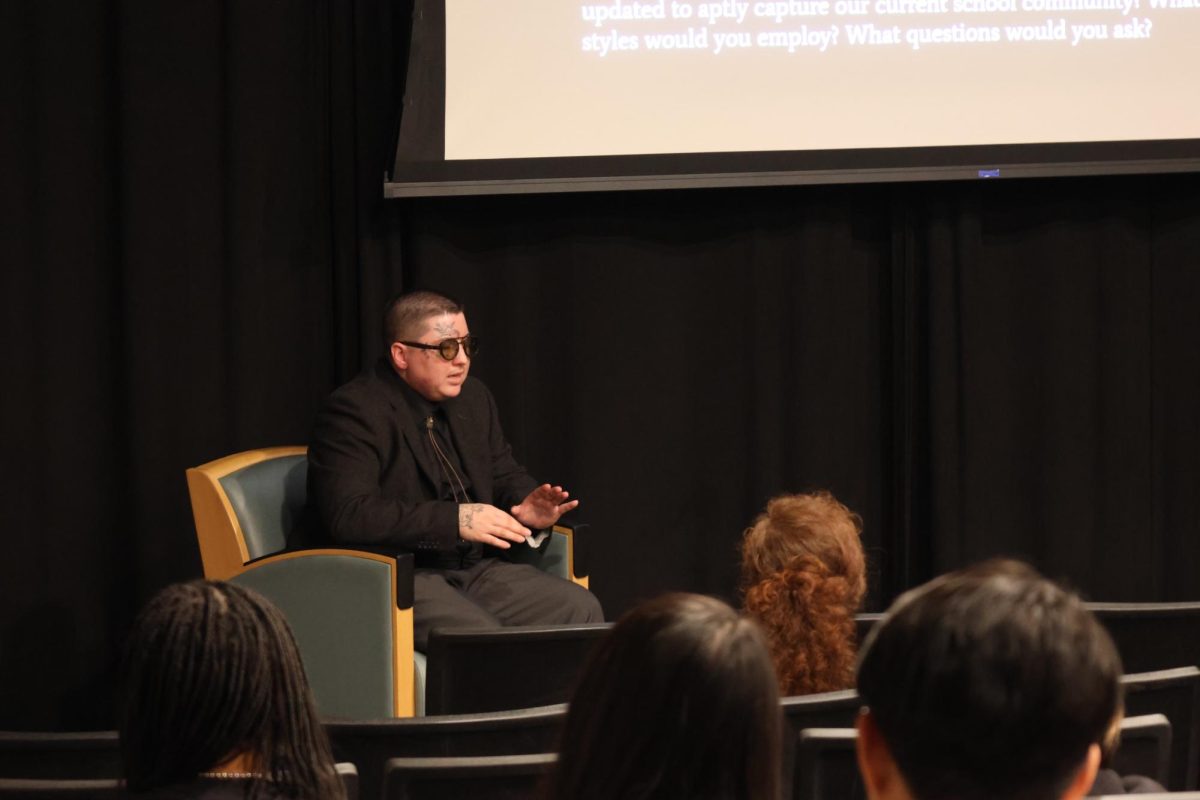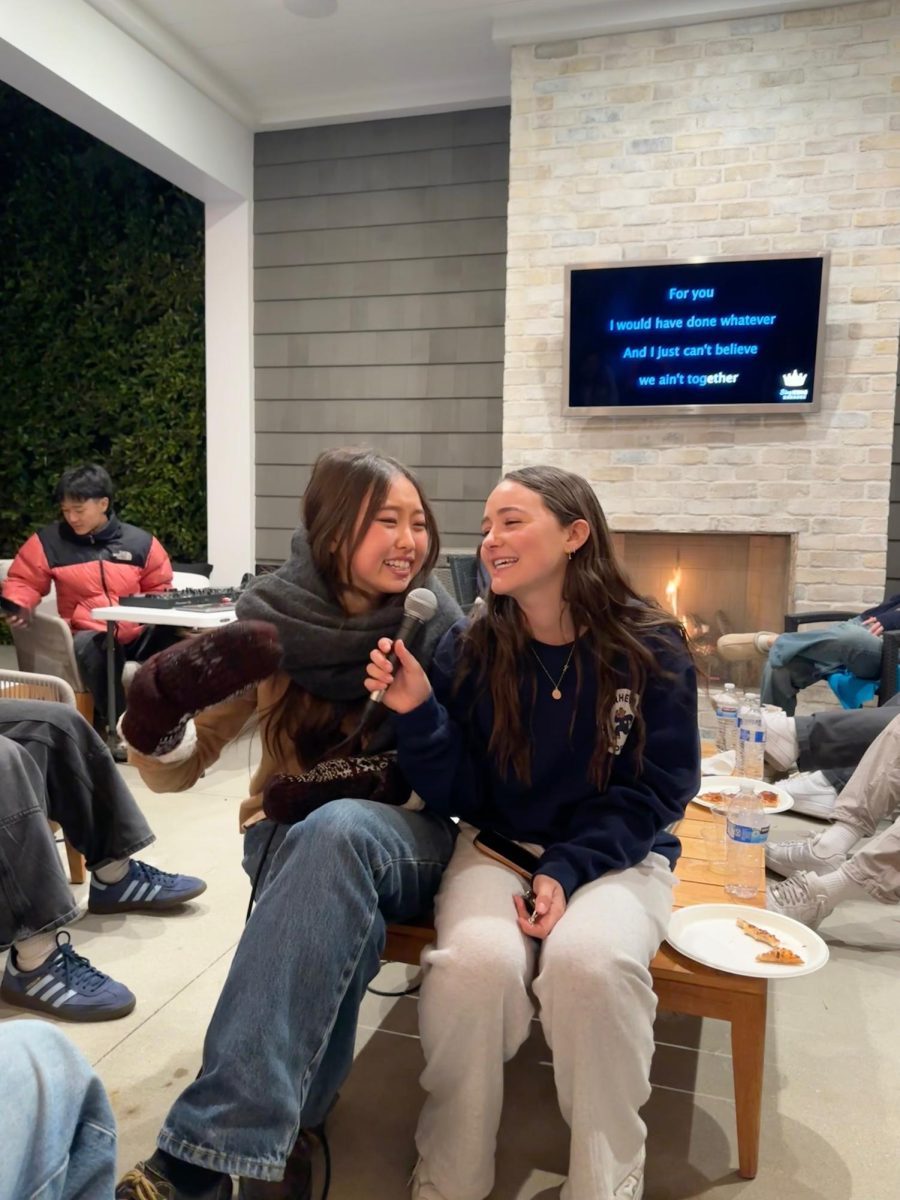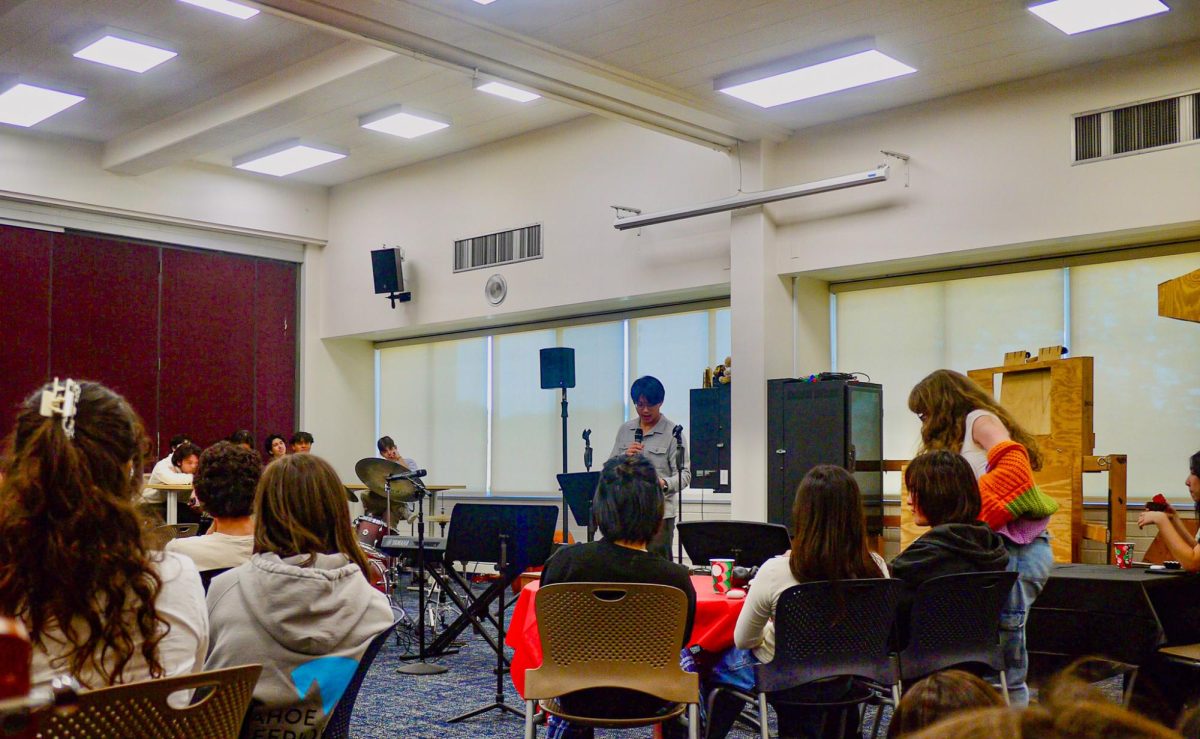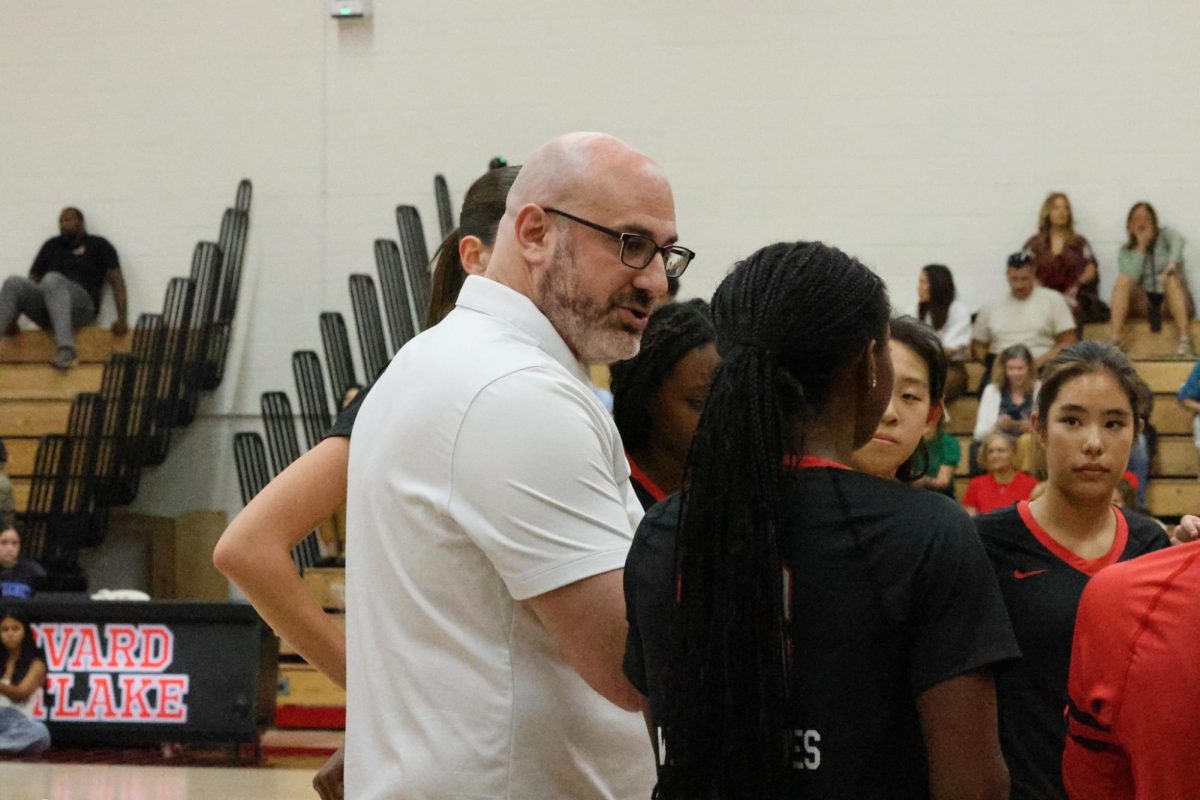All Harvard-Westlake parents are invited to hear author Julie Lythcott-Haims speak at Junior Parent Night Feb. 16 at the upper school. The deans decided to open the presentation to the entire parent community because of how important they believe Lythcott-Haims’s message is.
“All parents were invited to this event due to the popularity of Ms. Lythcott-Haims and her book,” Upper School Dean Adam Howard said. “While the evening is kick-starting the junior college process for parents, it still seemed to be a terrific opportunity for our entire parent community.”
Former lawyer, Stanford professor and Stanford Dean of Freshmen, Lythcott-Haims published her book “How to Raise an Adult: Break Free of the Overparenting Trap and Prepare Your Kid for Success” last year.
“Having worked closely with a population similar to ours, her experiences and wisdom seem particularly relevant,” Upper School Dean Sharon Cuseo said. “[Upper School Dean Beth] Slattery and I heard her speak earlier this year and were very impressed with her insights and couldn’t wait to invite her to Harvard-Westlake.”
Lythcott-Haims will discuss observations of parents and students that she worked with during her time at Stanford and reflect on ways the college application process has changed over the past few years.
Part of her goal is to try to convince parents that more top-tier colleges exist than just the most well-known ones, reducing some of the pressure parents and students feel as they prepare for the application process, Cuseo said.
“Our community continues to focus on character, and the deans also try to emphasize that our students should own more of their high school experience, from the classroom through the college process,” Howard said. “This is just one opportunity for our community to think about how our students can be more resilient and develop their own unique path to success.”
The Deans hope Lythcott-Haims’s speech will empower parents to resist the very understandable urge to control every aspect of their children’s college process, even if they have good intentions, Cuseo said.
“At the end of the day, I think we’re also talking about how we can support our students to be happier, and as a byproduct, bring more empathy and ownership to the greater community,” Howard said.
After the presentation, the junior parents will split up into their children’s dean groups so that the deans can formally introduce the college process.































